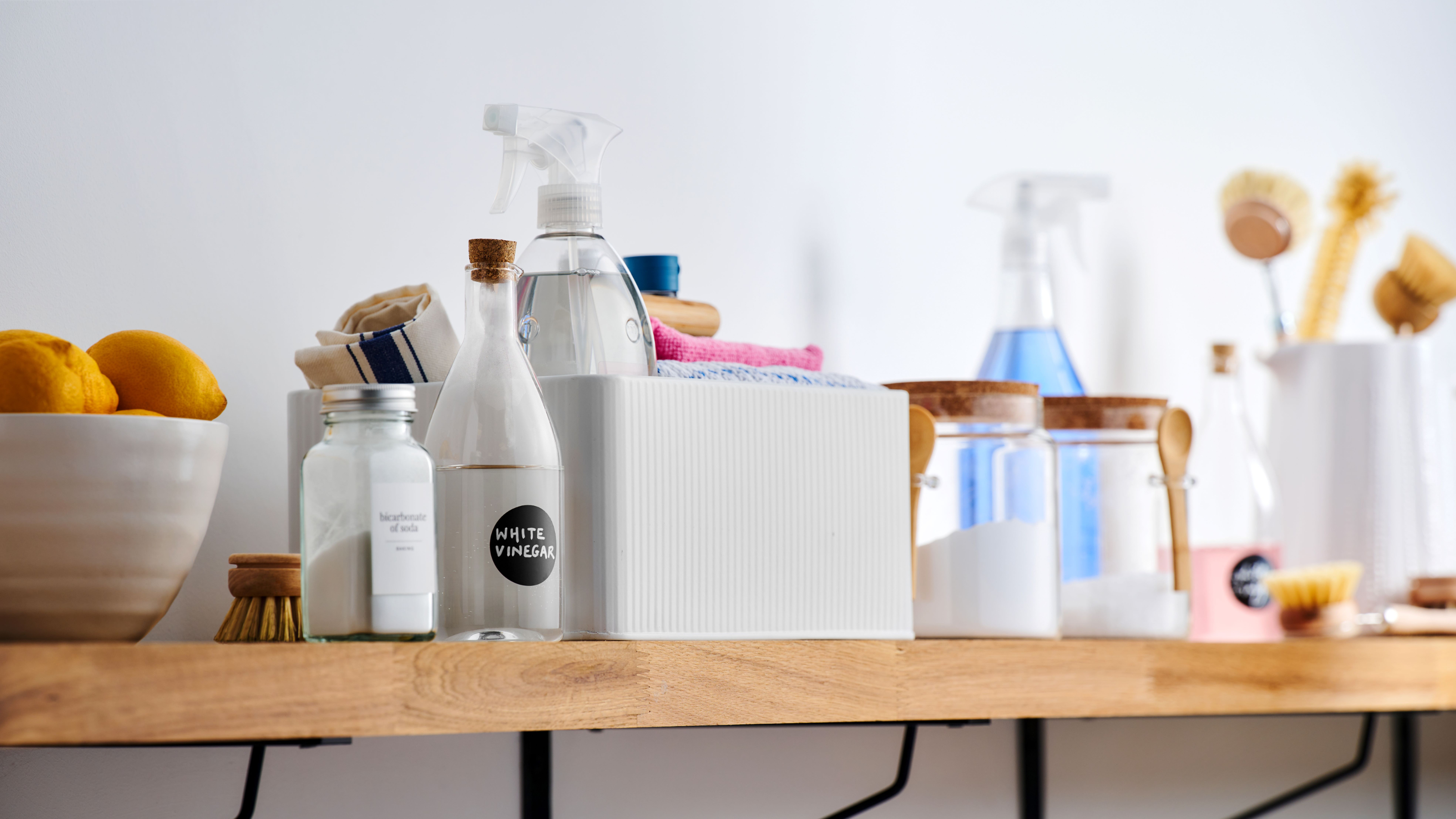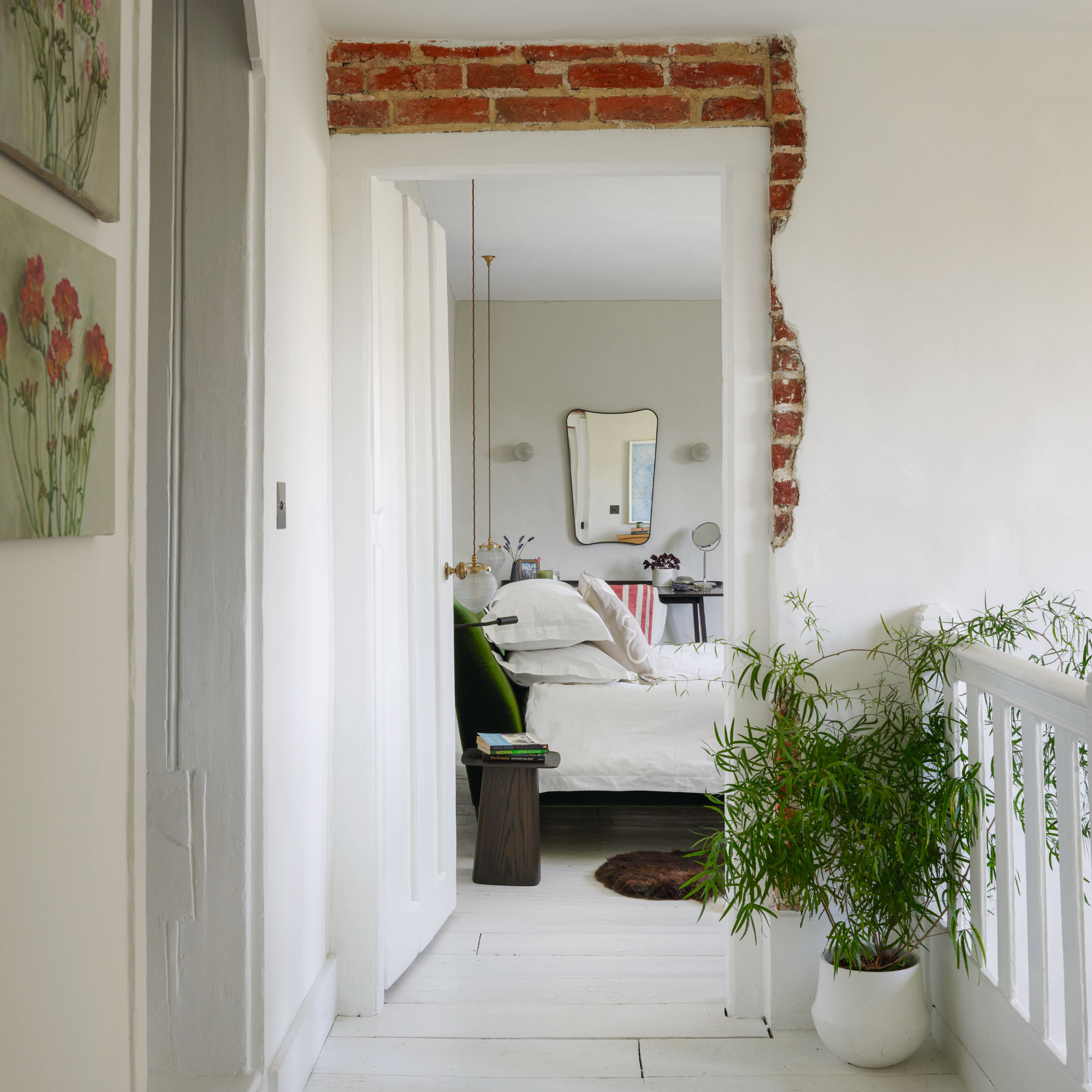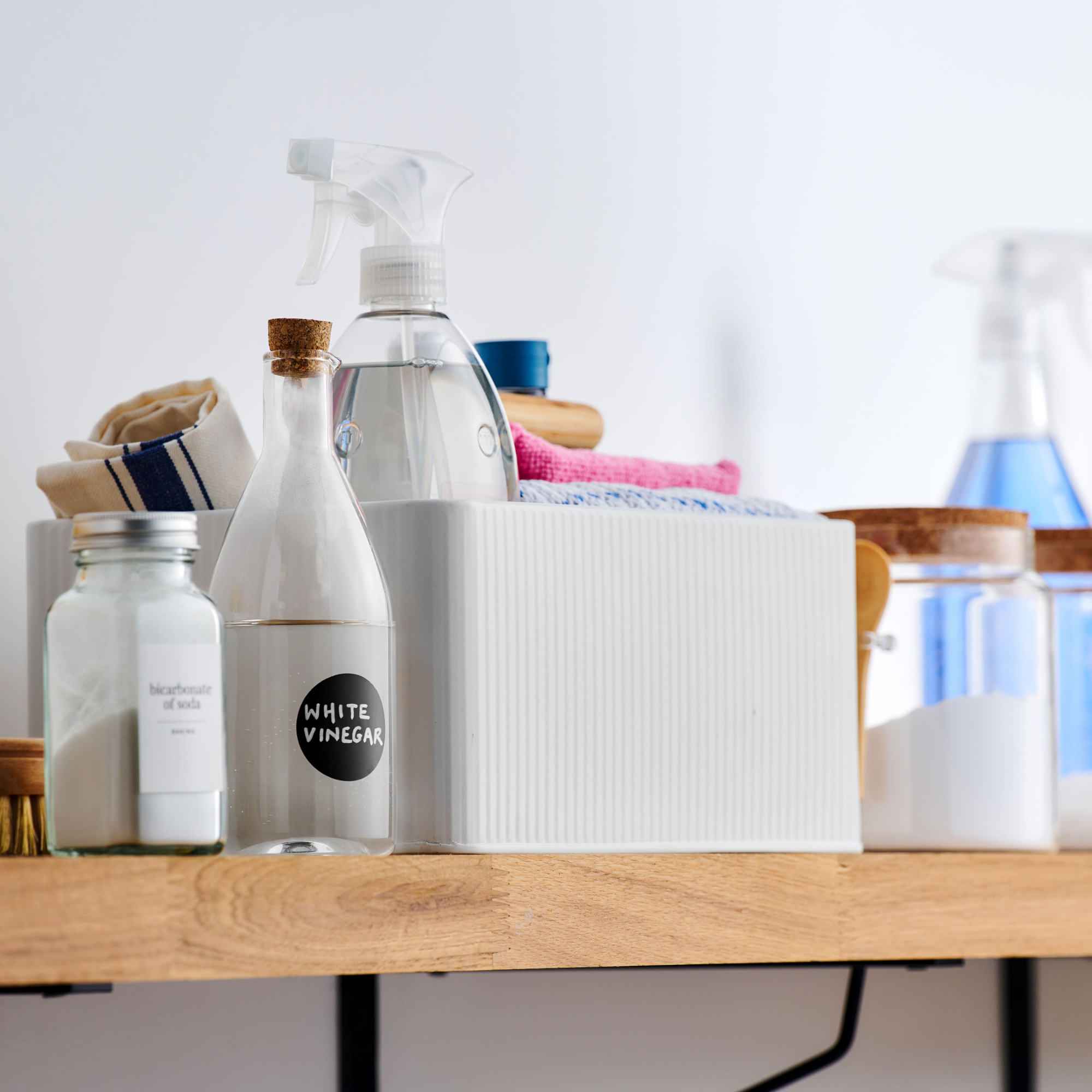Cleaning expert warns people to avoid this popular skirting board cleaning hack – it could be posing a fire risk
Viral doesn't always mean effective


Sign up to our newsletter for style inspiration, real homes, project and garden advice and shopping know-how
You are now subscribed
Your newsletter sign-up was successful
If you're deep down the TikTok rabbit hole, then you'll likely have heard of the rapidly growing 'Cleantok' community who often take to the platform to share their best cleaning hacks, Sunday reset rituals, and oh-so-satisfying before and after transformations.
One hack that has been making the rounds is a method that involves wiping down skirting boards and surfaces with fabric conditioner in an attempt to keep these dust-free. However, just because you see a helpful 'hack' online doesn't mean it's effective, or even safe, for that matter – and that's exactly why experts are labelling this as yet another TikTok cleaning hack to avoid.
'There's a popular cleaning hack going around TikTok where individuals use fabric conditioner on their skirting boards and surfaces around the home to clean and prevent dust from accumulating,' begins Emily Barron, cleaning professional at Property Rescue. 'But this method isn't a fool-proof approach. Not only will it fail to remove all dust but it can also introduce a whole host of other and more serious issues into the home.'

Fabric conditioner skirting board cleaning hack warning
This hack has been everywhere on TikTok, with many creators raving about how it makes their home smell good and supposedly makes for an easy spring cleaning hack due to the promise of not having to dust as often.
However, following Lynsey Queen of Clean's recent Instagram post highlighting the reasons why you should steer clear of it, we figured now was the time to address its issues once and for all.
A post shared by Lynsey Queen Of Clean (@lynsey_queenofclean)
A photo posted by on
First and foremost, while it initially lends itself as an easy way to fake a tidy house, it actually does the opposite in the long run.
'We definitely wouldn't advise people to use fabric conditioner on their skirting boards as this will leave a thin coating that could cause dust to stick to them more,' explains Olivia Young, product development scientist at Astonish. 'It also could be a significant hazard if they have pets or small children who could touch or lick the skirting boards.'
Sign up to our newsletter for style inspiration, real homes, project and garden advice and shopping know-how
Not to mention, it's also a fire risk. 'Applying fabric conditioner on surfaces can also pose a fire hazard due to its flammable properties,' cautions Henrique Conceicao, area manager at Total Clean. Emily adds, 'This is especially challenging where fabric softener is applied close to candles and electrical appliances.'
'The risk of ignition is a serious concern and outweighs any potential benefits of using this hack for dust control,' adds Henrique.

While there isn't a foolproof way to completely eliminate dust from your home, rest assured that some simple and easy cleaning practices will help to keep it to a minimum.
'Simply regularly using a damp microfiber cloth to wipe over surfaces to remove dust, and thoroughly hoovering floors, should keep your home feeling clean and bright,' assures Lisa Williams, executive housekeeper at The Grand, York.
Alternatively, there are a handful of natural cleaning hacks you can opt for instead that are safer and far more effective. This includes cleaning with white vinegar or lemon juice. 'Simply mix either white vinegar or lemon juice with water into a spray bottle and lightly mist the affected areas. Then, use a clean and dry microfibre cloth to remove dust and debris,' advises Emily.

That being said, we're officially dubbing this fabric conditioner cleaning 'hack' a dud and will be opting for the alternative methods suggested by the experts themselves.
'Household cleaning products should only be used as they are intended to or for when they are designed for,' concludes Olivia.
'Cleaning product manufacturers have to undergo safety checks and comply with local regulations for the products they have on the market however these are assessed against the products' intended uses and risks may arise from improper use.'

Jullia was Ideal Home’s Junior Writer from 2022-2024 and the Ideal Home Certified Expert in Training on Vacuums having spent over 60 hours testing different models. She’s always loved all things homes and interiors, graduating with a bachelor’s degree in Architectural Studies from the University of Nottingham where her love for writing blossomed following her internship at ArchDaily. Now focused on home tech and cleaning, Jullia works on writing features and explainers to help people make the most of their home appliance investments, putting the newest launches through their paces. When she isn’t writing, she loves exploring the city, coffee shop hopping, and losing hours to a cosy game or book.